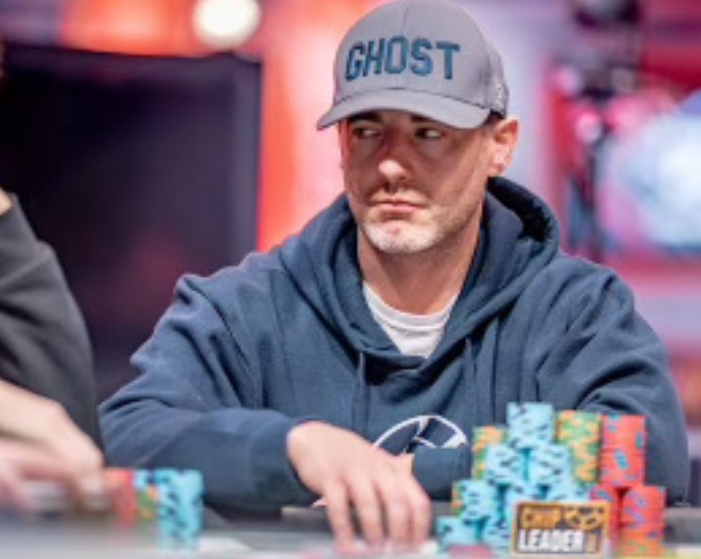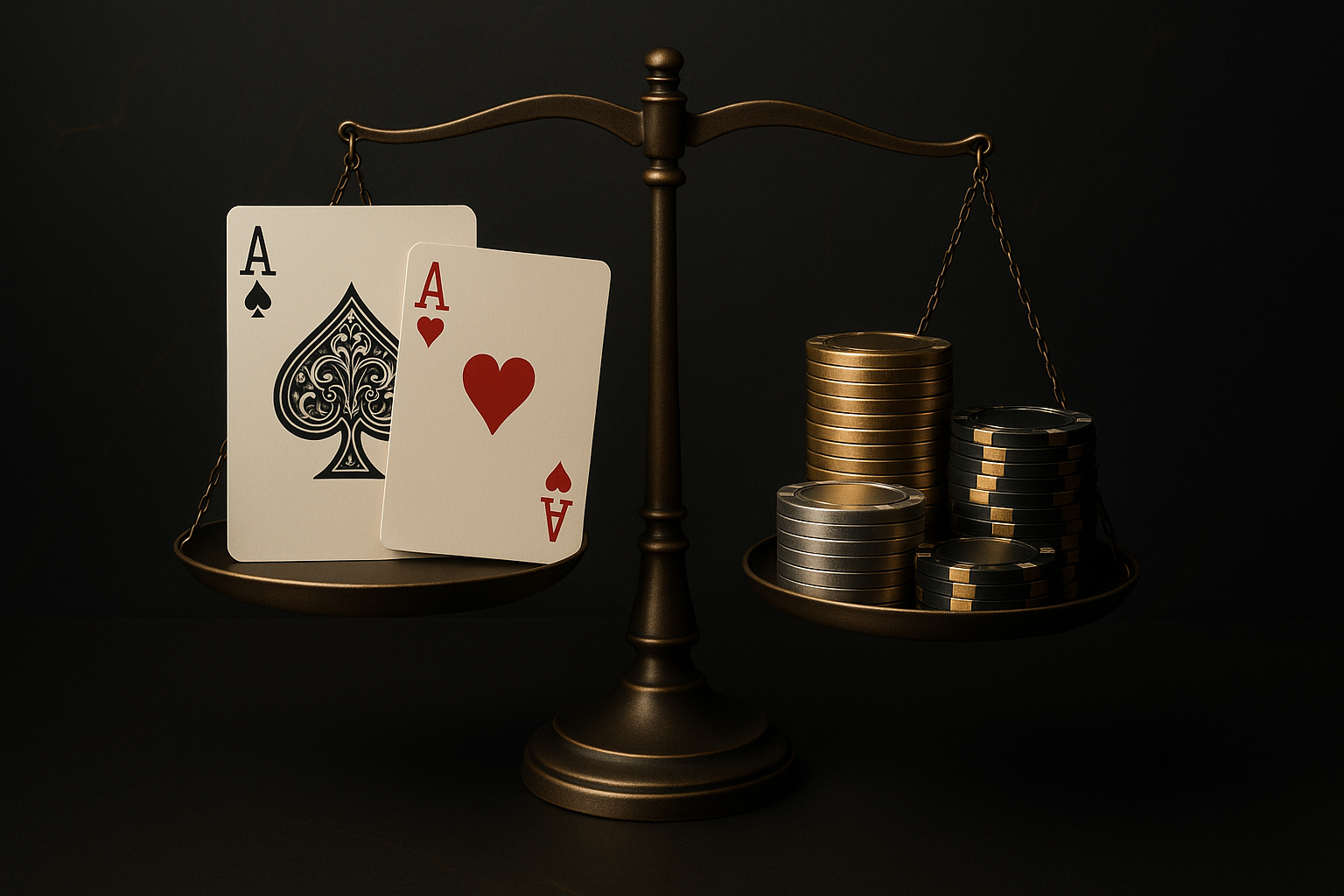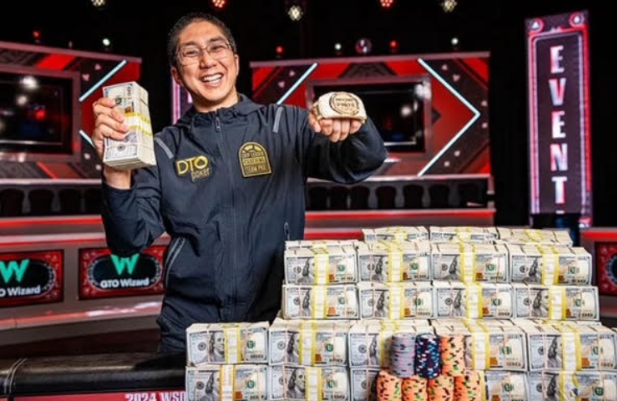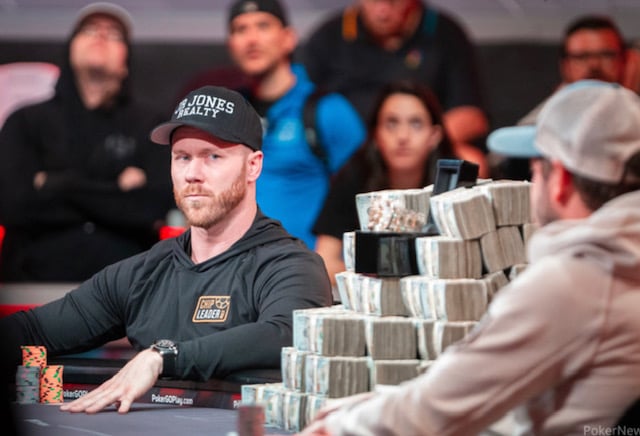
Much of modern poker training is focused on understanding GTO (Game Theory Optimal) play and memorizing very specific situations. There are a number of reasons why that is not the right way to start studying the game (Read more about limitations of (GTO strategy HERE) but it is also not the area where you should focus to see the greatest improvement in your game.









